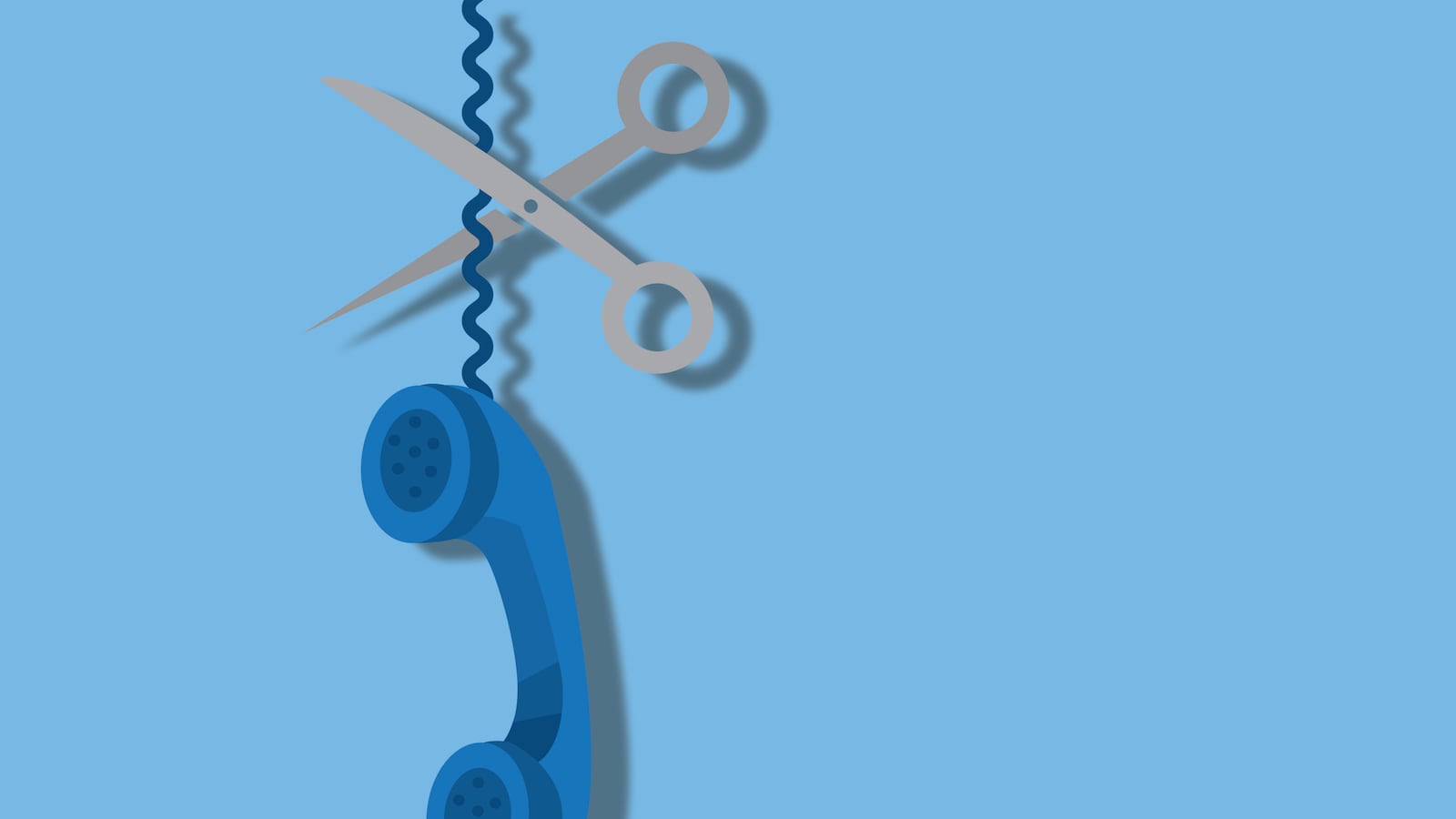There is no rest, no retreat, no escape. There is only the bombardment.
The junk mail can be pitched. The TV ads can be skipped on the DVR. But until now, there’s been no way for people with landline phones to avoid the noisy, invasive onslaught of robocalls from marketers.
The FCC is about to change all that, with a new proposal that the commission approved last week that would place greater restrictions on those calling voters and consumers, particularly using technology to automatically dial phone numbers.
But in the process, the FCC’s very broad ruling could have dire consequences for pollsters and researchers eager to ask people what’s on their mind, as well as the campaign organizers and analysts who specialize in targeting and turning out the vote. And while polls are often a good punching bag for those who loathe politics, their evaporation would have even worse consequences for our nation’s democracy.
At first glance, to those who aren’t pollsters like me, the ruling would appear to have little downside. Shutting down polling calls is a feature, not a bug, of the plan. Particularly for those poor souls living in swing states, the idea that the phone won’t be constantly ringing off the hook seems like sweet relief. Is anyone really losing out if consumers get a way to shut those annoying robocalls down completely?
To understand what’s going on, and to see how this ruling could affect far more than just robocalls, it is important to know the history behind the laws that govern pollsters and researchers.
In the early 1990s, the Telephone Consumer Protection Act took aim at the emerging world of cellphones and put strict boundaries in place for how marketers and researchers could call them. The law prohibited the use of automated dialing technology to reach cellphone numbers.
This wasn’t a huge deal for pollsters back in the 1990s and even into the 2000s, as the percentage of Americans who weren’t reachable by landline was very small. But as more and more people turn to having only a cellphone, this has made traditional polling more and more expensive each year, because a higher proportion of the phone numbers have to be dialed by hand, by law.
On the other hand, however, automated “robopolls” have also exploded in popularity in recent years, despite being able to survey only voters who have landlines. Even top-notch, data-driven campaign operations like Barack Obama’s in 2012 rely on much of that technology to cost-effectively survey thousands upon thousands of voters to build their predictive models.
In the past, new restrictions intended to protect consumers, like the Do Not Call list, have created exemptions for legitimate research purposes. FCC Chairman Tom Wheeler has said that, in this case, he doesn’t view polling as being worthy of such a carve-out. And while the precise language of the FCC’s rule is not yet set in stone, the expected impact would seriously limit both traditional and “robo” methods of polling.
For your traditional, live-interviewer-asking-questions type of poll, considered by many to be the gold standard, now that every phone number will have to be dialed by hand lest it be blocked, it will cost significantly more to conduct a good, quality telephone poll (to the tune of three times as much, tens of thousands of dollars). This makes it far less likely that candidates or media organizations will be able to do polling or at least do it well. And as for robopolls, well, once everyone can just shut them off, it’s hard to see them surviving or remaining at all credible.
It’s fashionable to hate on polls while at the same time being a voracious consumer of them. But polls are, in many ways, a potentially moderating force in our politics; the same Member of Congress who gets yelled at in a town hall by a handful of anti-immigration activists, or whose office gets bombarded with a coordinated wave of activist calls, can be forgiven for thinking that’s what most of his or her district thinks, absent any research to show him otherwise. In this way, polls help “average voters” have a voice that counts in between elections.
And pollsters aren’t the only ones who will be affected in politics. Volunteers who want to place “Get Out The Vote” calls are about to have a much tougher go of it, as the FCC’s rules restrict technology that could be used to auto-dial. (One of the dissenting commissioners noted that the new rule could wind up prohibiting anything more advanced than a rotary phone.) We may hate polls, but going to volunteer for a candidate and encouraging your fellow citizens to get to the polls is a much more sympathetic activity, and it too could be seriously limited by the ruling.
If it comes to pass, you won’t see me mourning the death of the robopoll for too long. The upside, of course, is that there will be a huge incentive to build innovative, reliable online research tools at an even faster pace. In the end, this ruling could push polling to “evolve or die” a lot faster than it would have otherwise, and might take some of the less reputable polls out of the mix.
The FCC just might be killing off phone polling as we know it. But don’t worry, campaign volunteers! You can find rotary phones on eBay for pretty cheap. Hooray for progress!






